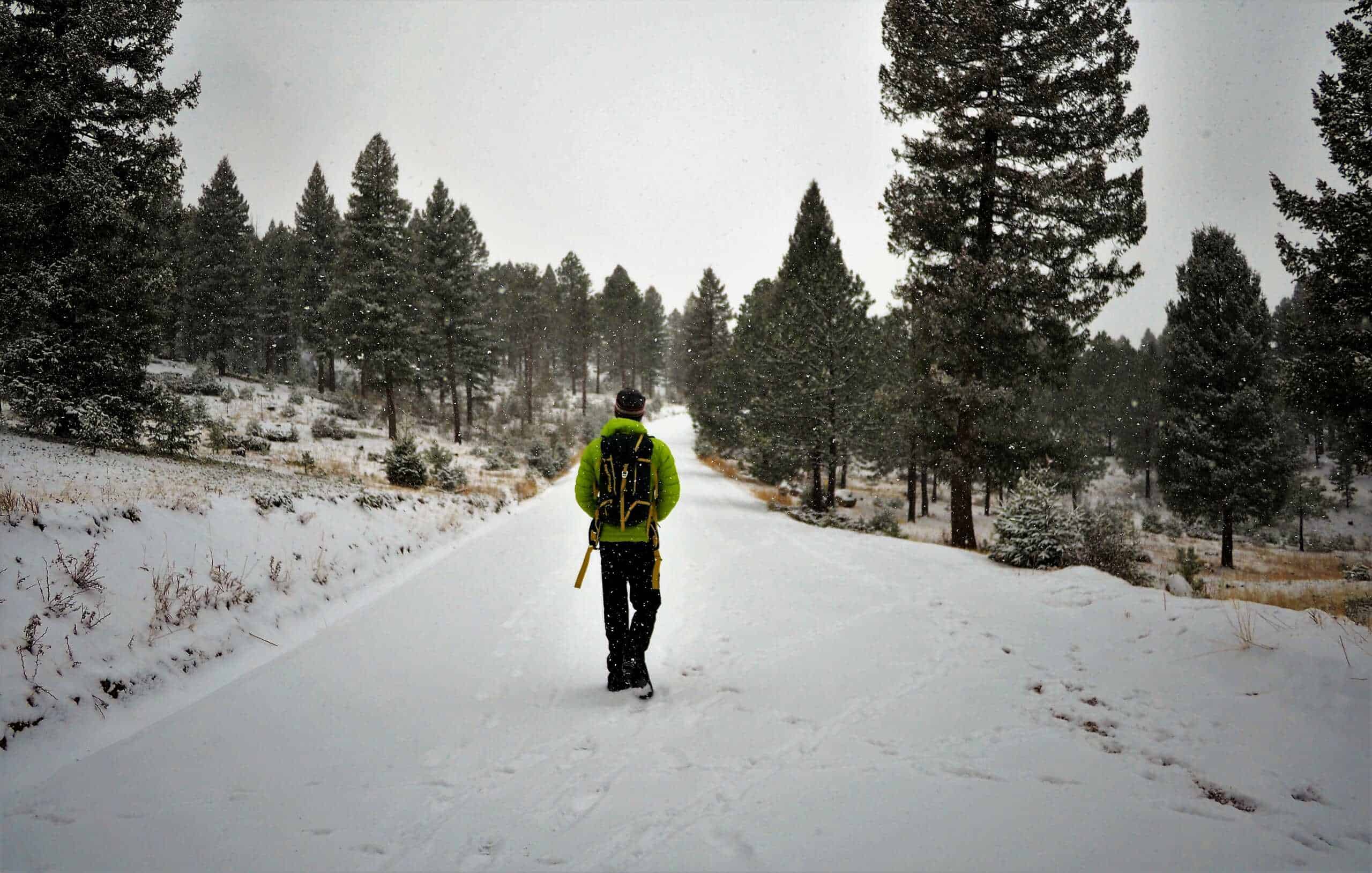As featured in The Forward:
By: Jory Hanselman
On Friday night, October 27th, 2017, BaMidbar’s Director Jory Hanselman spoke at Mishkan Chicago’s services. The Forward featured a portion of Jory’s drash on Scribe, the Forward’s curated contributor network.
“Why are there so many journeys in our tradition?” Jory writes, “Throughout the Torah, we see our forefathers face trials. We see them struggle, grapple to find the correct answer, and oftentimes, we see them fail. In this week’s Torah portion, Lech Lecha, Abraham goes forth into the unknown, not only physically, but spiritually as well.”
In January of this year, Ramah in the Rockies is opening BaMidbar Wilderness Therapy, the nation’s first Jewish wilderness therapy program, serving young adults struggling with trauma, mental health issues, substance abuse, and those struggling on their journey from adolence to independent adulthood. The Jewish tradition provides such powerful guidance, support, and strength. And it speaks so strongly to individual growth and development facilitated through journeys in the wilderness. At BaMidbar, we will use the strength of the Jewish tradition as the foundation for our program, the framework that gives greater depth to each student’s physical and spiritual journey. Through Jewish metaphor, storytelling, values, and practice, we have the opportunity to transform an already powerful model, to provide a uniquely impactful Jewish pathway to recovery.
This week’s parshah, Lech Lecha, begins with a journey. At God’s command, Abraham sets forth from the land of his father and all that he knows, to journey towards an unknown destination, “a land that I will show you,” as God tells him. Throughout the Torah, our ancestors journey — they go, holech, many places. In Genesis, we see deep family brokenness and displacement. In Exodus, there is freedom from slavery in Egypt. In Numbers — BaMidbar — the Jewish people wander the desert, and in Deuteronomy, they enter the Holy Land. Each of these books, and the people within them, follows a journey.
Why? Why are there so many journeys in our tradition? Why does Abram have to leave and face trial upon trial before he can grow and develop into Abraham, the father of a nation? The first sentence of the parshah gives us some indication of why this journey is necessary.

